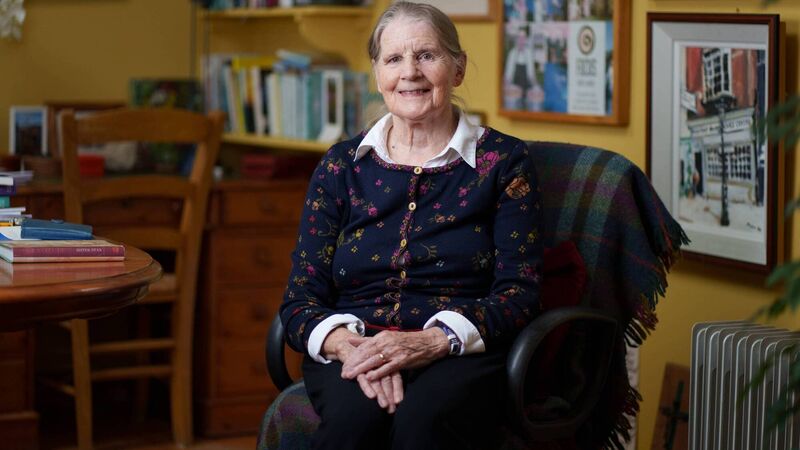Fergus Finlay: Sr Stan never settled in her advocacy for people on the margins of Irish life

Sr Stanislaus Kennedy never met a barrier (and that could include Government ministers!) she didn’t want to tear down. File photo: Fran Veale
I knew Sister Stan when I was much younger. I admired her and respected her enormously. I was always a bit afraid of her. I think I may have had that in common with everyone who worked with her.
Not that she was unpleasant or bullying or anything like that. She just didn’t believe in settling. She was an advocate for people who lived on the margins of Irish life. In fact she found it hard to accept why people were pushed out beyond barriers.












